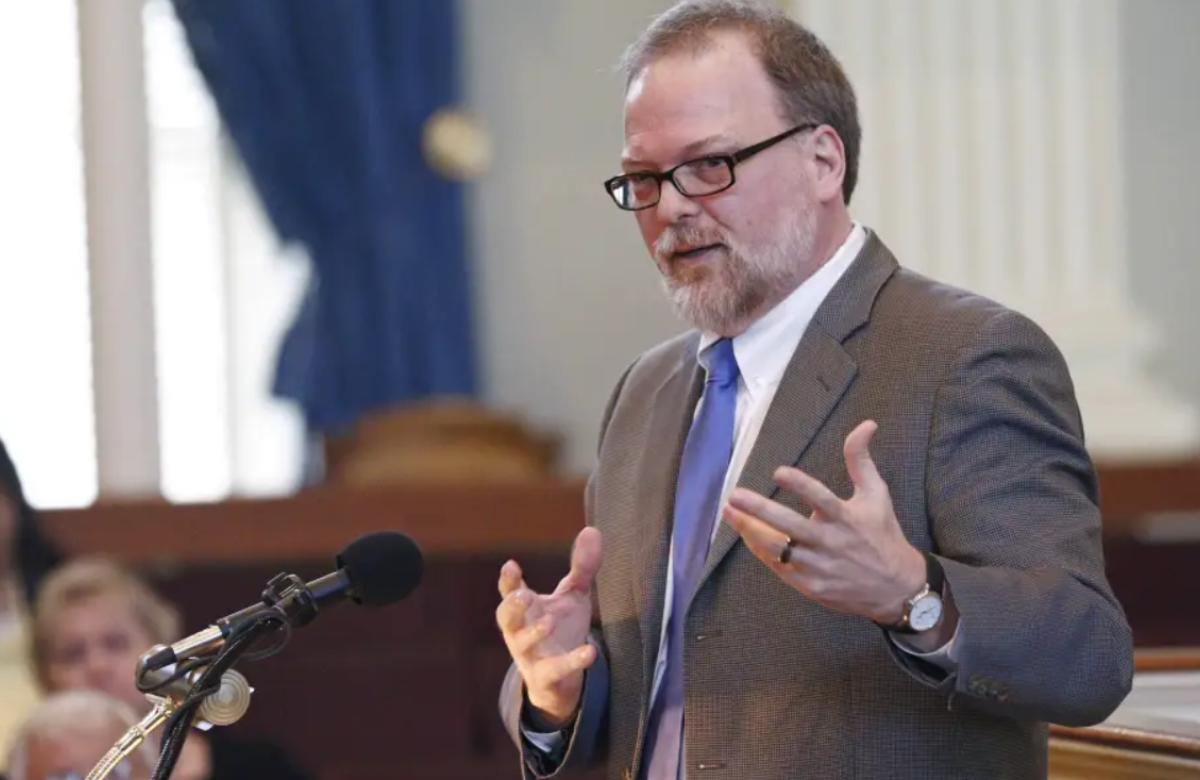A political consultant, Steven Kramer, who sent AI-generated robocalls imitating former President Joe Biden to voters last year, is going on trial Thursday in New Hampshire. The case may prompt jurors to consider not only Kramer’s guilt or innocence but also whether the state actually held its traditional first-in-the-nation presidential primary.
Kramer faces multiple felony charges, including voter suppression and candidate impersonation, and could face decades in prison if convicted. He has admitted to sending the robocall to thousands of voters just two days before the January 23, 2024 primary. The call used an AI-generated voice resembling Biden’s, repeating his phrase “What a bunch of malarkey” and falsely suggesting that voting in the primary would prevent voters from casting ballots in the November general election. The message urged voters to “save your vote for the November election,” claiming their votes mattered more then than in the primary.
Kramer, who runs a get-out-the-vote consulting firm, maintains he did not intend to influence the primary’s outcome but wanted to highlight the dangers of AI-generated misinformation. He hired a New Orleans-based digital creator to produce the call for $150. Kramer has stated that while some may see him as a villain now, he believes his actions could ultimately improve democracy by raising awareness about AI’s potential misuse.
Ahead of the trial at Belknap County Superior Court, prosecutors tried to block Kramer from arguing that the New Hampshire primary was merely symbolic and lacked legitimacy because it was not sanctioned by the Democratic National Committee (DNC). The DNC, at Biden’s request, had removed New Hampshire from its traditional early nominating calendar but later allowed the state’s delegates to be seated at the national convention. Biden himself did not appear on the primary ballot nor campaign there, instead winning as a write-in candidate.
The court ruled that Kramer could present evidence about the DNC’s stance and his understanding of it, as it relates to his motives for sending the robocalls. However, the judge also instructed that the court accepts as fact that the state did hold its primary election on January 23, 2024, though jurors would not be compelled to accept that conclusion.
Kramer faces 11 felony counts, each carrying up to seven years in prison, accusing him of trying to deter voting through deceptive or misleading information. He also faces 11 misdemeanor counts related to falsely representing himself as a candidate. In addition, the Federal Communications Commission fined Kramer $6 million for the robocalls, though it is unclear if he has paid the fine.
The FCC had been developing AI-related regulations during Donald Trump’s presidency but appears to be moving toward easing restrictions. Recently, the FCC recommended reinstating a telecom company to an industry group despite its involvement in illegal robocalls. Meanwhile, about half of U.S. states have enacted laws regulating AI deepfakes in political campaigns.
In Congress, House Republicans added a provision to their major tax bill that would prevent states and local governments from regulating artificial intelligence for ten years. However, this clause faces significant opposition in the Senate.















